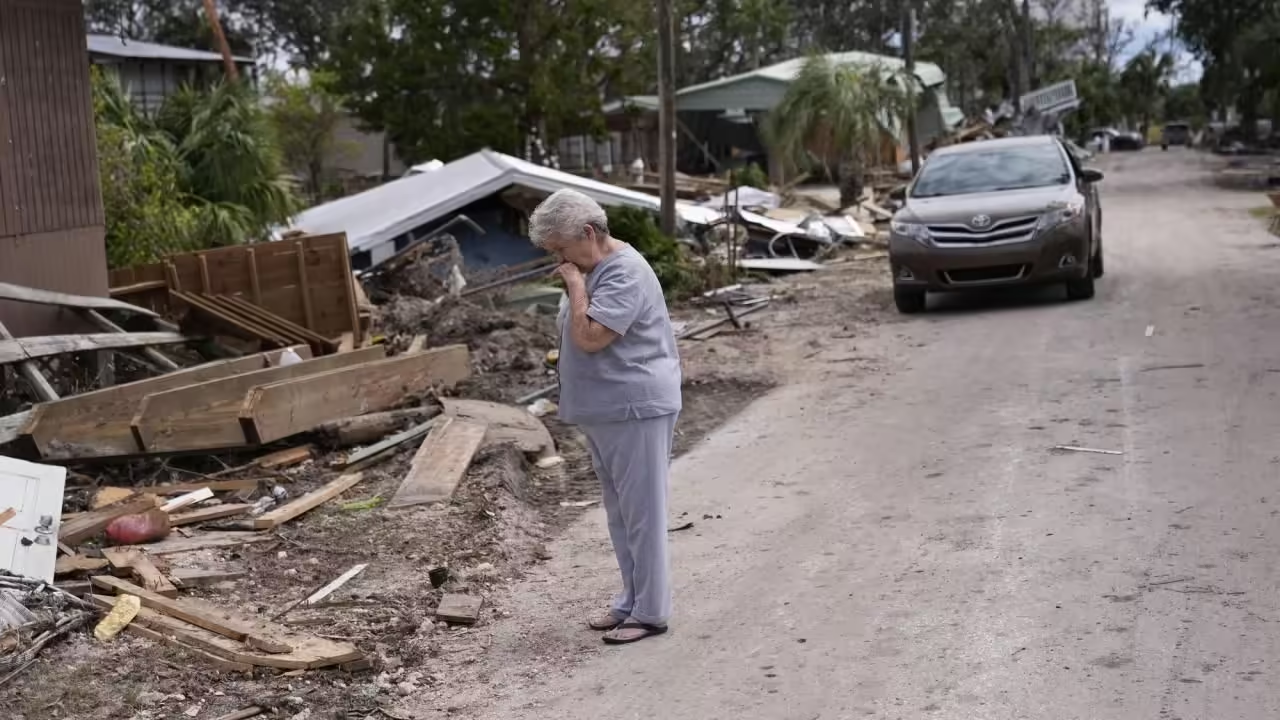Much of Libya’s landscape is characterized by arid deserts, but the coastal town of Zliten is grappling with an unexpected and mysterious phenomenon – a surge of groundwater inundating houses, fields, and streets along the Mediterranean. The stagnant water and squishy mud have permeated the town, causing structural damage, emitting a foul odor, and creating breeding grounds for mosquitos.
Residents in the northwestern town, situated about 160 kilometers (100 miles) east of Tripoli, have witnessed the rising water levels for the past two months. The situation has forced many to abandon their homes, fearing an escalating environmental crisis. Walls have cracked, and some buildings have collapsed due to the persistent flooding.
Mohamad Ali Dioub, a 60-year-old farmer, shared the impact on his farm located four kilometers from Zliten, stating, “Water began coming out two months ago and still continues to rise and submerge our wells.” He described the devastation to his fruit trees – apple, apricot, and pomegranate – all of which have perished. Dioub has taken measures like renting water trucks to pump out stagnant water and bringing in sand to salvage his valuable date palms.
The region, typically characterized by sandy and light earth, now presents a “muddy, black, and smells bad” landscape, according to another farmer, Mohamad al-Nouari, whose land has been entirely submerged.
Approximately 50 families have been relocated, according to Moftah Hamadi, the mayor of Zliten, a town known for its Sufi shrines, al-Asmariya University, and palm and olive groves.
Prime Minister Abdelhamid Dbeibah has pledged to address the crisis scientifically and swiftly, urging authorities to compensate or relocate affected families. However, the cause of the flooding remains uncertain, with possibilities ranging from poor drainage infrastructure and damaged pipelines to heavy winter rains.
Foreign specialists from countries like Britain, Egypt, and Greece have visited Zliten to investigate the issue and propose solutions. While rising sea levels worldwide have been linked to coastal groundwater surges, Libyan authorities have denied any connection between the flooding and the Great Man-Made River, a vast network established during Moamer Kadhafi’s era.
Efforts are underway to manage the crisis, with the project’s management company, the country’s main water and power utilities, and the national center for disease control collaborating to provide relief, emergency teams, equipment, and pesticide to combat mosquito swarms.



